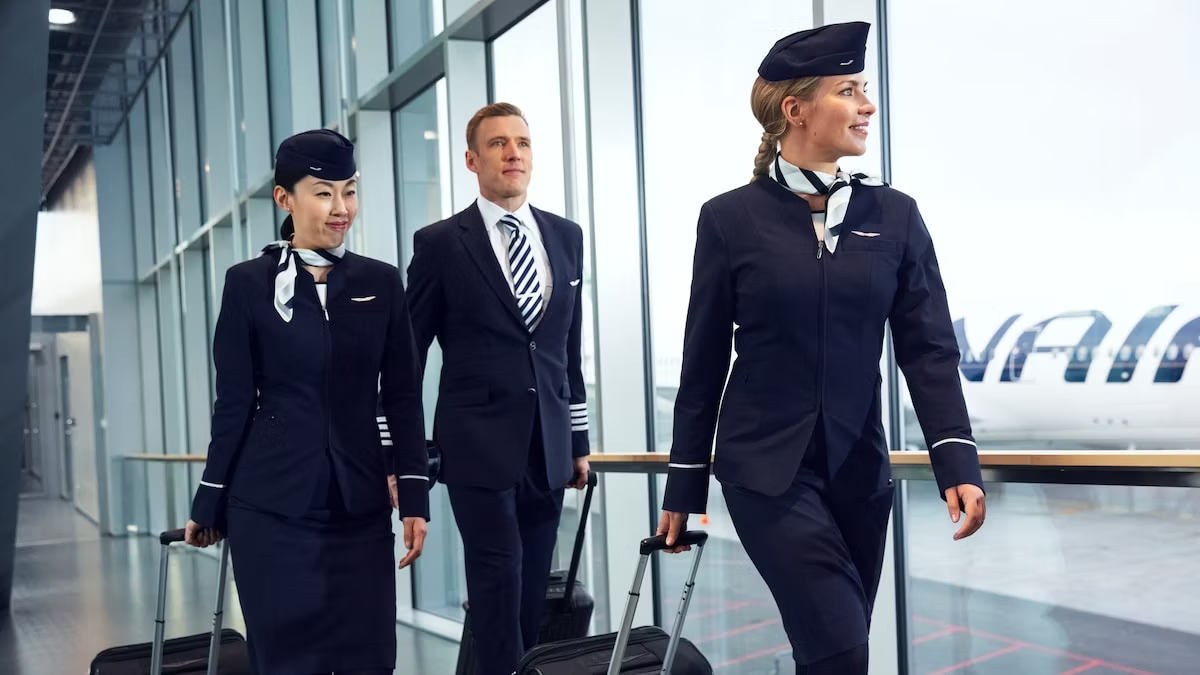Understanding the Role of Cabin Crew Training Institutes
Cabin crew training institutes play an important role in shaping the teamwork skills of aspiring flight attendants. These institutes go beyond teaching mere technical skills; they also focus on the importance of collaboration, communication, and mutual support among the team members. Simulating real-world situations and encouraging hands-on practices, these training programs instill a sense of camaraderie among future cabin crew members.
Aviation Hospitality and Travel Management: Fostering Collaboration
In the realm of aviation hospitality and travel management, teamwork is not just about working together; it’s also about seamlessly blending individual skills and strength to deliver exceptional service. Training programs in this field focus on polishing interpersonal skills, conflict resolution techniques, and the art of effective delegation. These programs prepare cabin crew members to handle any sort of challenges that come their way with calm and effective measures.
The Essence of Travel Tourism and Hospitality Management
Travel tourism and hospitality management are the heart of the cabin crew profession. Whether it’s ensuring passengers' comfort, solving in-flight conflicts or emergencies, or coordinating with the ground staff, teamwork lies at the core of every task. Training programs in this field focus on the importance of adaptability, resourcefulness, and solidarity in achieving their common goals. By encouraging a spirit of unity in the team, these programs equip cabin crew members with the essential skills and tools they need to excel in their roles.
Key Strategies for Fostering Teamwork
- Clear Communication: Clear and effective communication is the base of successful teamwork. Cabin crew members must communicate clearly and concisely, especially during emergencies.
- Shared Goals and Values: Team members develop a sense of purpose and unity when common goals and values are established. Collaboration naturally flourishes when everyone is striving for the same goal.
- Mutual Respect: For fostering a harmonious environment on the ground as well as air, respect for each other's expertise, opinions, and contributions is essential. Cabin crew members must treat each other with respect and dignity and value diversity.
- Adaptability: Adaptability is the key to the dynamic aviation industry. Cabin crew members must be flexible and open to change, ready to adjust their approach based on changing circumstances.
- Continuous Training and Development: After graduating from a cabin crew training institute, training doesn’t end there. Developing new skills and staying updated with industry trends are vital for improving collaboration and teamwork capabilities.
Successful teamwork in cabin crew is not a coincidence; it is the outcome of intentional effort and dedication. By embracing the lessons learned from training programs and adhering to key strategies, cabin crew members can elevate their performance and deliver unparalleled service to passengers. In the skies and on the ground, effective teamwork remains the cornerstone of excellence in the aviation industry.
